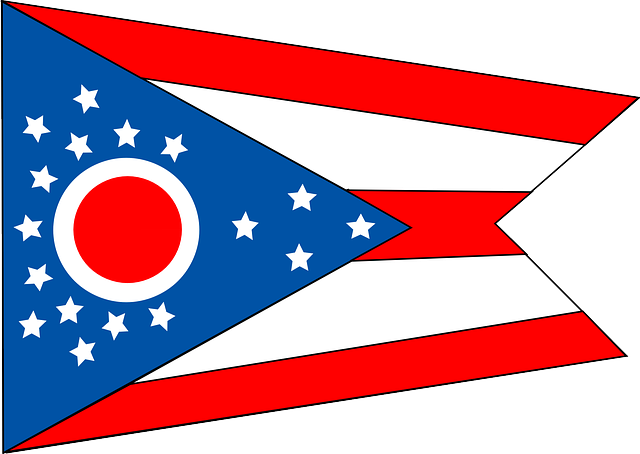Share This Article:

Do You Know the Rule?
In Ohio, an injured worker may obtain a VSSR award in addition to regular workers’ compensation benefits if the employer violated safety regulations.
An award for a VSSR is "a new, separate, and distinct award" over and above standard workers' compensation benefits. State v. Indus. Comm. of Ohio, 77 Ohio St.3d 271 (Ohio 1997).
Purpose
There are two purposes for VSSR awards:
- To provide additional compensation to the injured worker; and
- To punish the employer for not following safety rules.
Eligibility
To prevail in a VSSR claim, a claimant must show that the employer failed to comply with a specific safety rule and that the failure was the proximate cause of the injury.
More specifically, the worker must show that:
- The safety violation was specific and applicable;
- The employer violated the safety regulation at the time of the injury; and
- The violation caused or contributed to the injury.
Example of safety rule
Ohio Adm.Code 4123:1-3-03(J) requires an employer to provide safety equipment when work is being performed more than six feet above a floor. If a company fails to provide that equipment in accordance with that regulation, and the failure results in a worker being injured, that worker may be entitled to a VSSR award. See State v. Indus. Comm. of Ohio, 22AP-523. (Ohio Ct. App. 10/31/24). Other examples might be where a company fails to put a safety device on dangerous factory machinery, or to provide a safety helmet at a construction sight.
Defenses
Impossibility
Impossibility is an affirmative defense to a VSSR. Thus, if an employer demonstrates that compliance with a violation of a safety requirement is impossible, the employer will not have to pay a VSSR award, despite the violation.
To establish impossibility, an employer must show:
1. That it would have been impossible to comply with the specific safety requirement or that compliance would have precluded performance of the work; and
2. That no alternative means of employee protection existed or were available.
Inapplicability of safety rule
Most VSSR awards result from violations of the state safety code, as set out in the Ohio Administrative Code. Many safety rules apply only to certain industries. Employers may be able to defend themselves if they can establish that the safety rule at issue does not apply to the industry in which the injured employee worked.
Lack of causation
Employers may be able to defend themselves by demonstrating that the safety violation was not the proximate cause of the injury. For example, if the company fails to install safety equipment on a roof, but the worker falls off the roof because a coworker intentionally pushed him off, the employer has a potential argument that the rule violation as not the immediate cause of the fall.
Amount
A VSSR award is calculated by taking a percentage of (15%–50%) of the injured worker's maximum weekly compensation. For example, if the worker's maximum weekly compensation is $1000 and she receives a 25% VSSR award, she would receive an additional $250 each week
Penalties
If an employer has been charged with two or more VSSRs within a 24 month period, an additional penalty of up to $50,000 could be assessed.
california case management case management focus claims compensability compliance courts covid do you know the rule emotions exclusive remedy florida FMLA fraud glossary check health care Healthcare hr homeroom insurance insurers iowa leadership medical NCCI new jersey new york ohio osha pennsylvania roadmap Safety state info technology texas violence WDYT west virginia what do you think women's history women's history month workcompcollege workers' comp 101 workers' recovery Workplace Safety Workplace Violence
Read Also
About The Author
About The Author
- Chris Parker
More by This Author
Read More
- Apr 18, 2025
- Claire Muselman
- Apr 18, 2025
- Liz Carey
- Apr 18, 2025
- Claire Muselman
- Apr 18, 2025
- Chris Parker
- Apr 16, 2025
- Frank Ferreri
- Apr 16, 2025
- Claire Muselman




